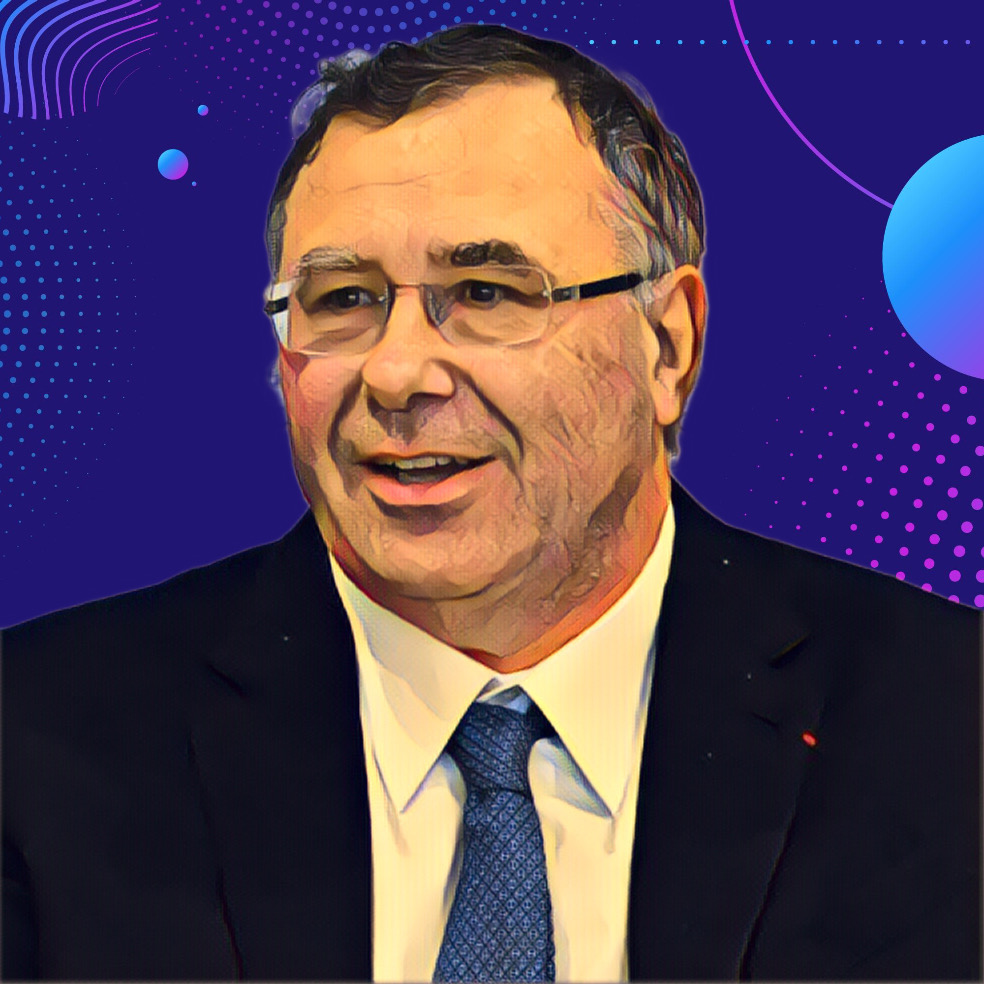Africa has enormous potential for renewable energy projects, but many of them are being held back by the International Monetary Fund (IMF), according to Patrick Pouyanne, the CEO of TotalEnergies.
Pouyanne, who heads one of the world’s largest oil and gas companies, said that the IMF’s strict limits on the indebtedness of African countries were preventing them from securing the necessary loan guarantees to attract private investors for green energy projects.
Speaking at a government-industry dialogue hosted by the International Energy Agency (IEA) on Wednesday, Pouyanne said that most electricity projects in Africa faced “a problem of solvency… you have a risk not to be paid”.
“So when a renewable developer wants to develop, and it’s obvious you have huge potential, he will go and see the government and ask for guarantees,” he said.
“But the African governments, they will tell you, are not able to give these guarantees because the IMF is coming and telling them, ‘Don’t go and give these guarantees, you are already over-indebted’.”
Pouyanne said that this situation was frustrating for TotalEnergies, which has oil and gas operations in 40 African countries, as well as two solar parks in Egypt. The company also plans to build a hydroelectric power plant in Mozambique and a solar power and battery storage project in South Africa.
However, he said that most of the company’s renewable energy projects in Africa were limited to business-to-business deals with mining companies, which could ensure payment.
Pouyanne’s comments echoed the concerns of many African leaders and experts, who have been calling for more financial support and debt relief from the international community to help the continent cope with the impacts of the COVID-19 pandemic and the climate crisis.
According to the IEA, Africa’s energy needs could double by 2050 as its population grows and industrializes. However, the continent still faces a massive energy gap, with more than half of its people lacking access to electricity and clean cooking.
The IEA estimates that Africa would need to invest $ 120 billion a year until 2030 to achieve universal access to electricity and clean cooking, as well as to reduce its carbon emissions.
However, the current level of investment is only about $30 billion a year, and most of it goes to fossil fuel projects. The IEA warns that without a major shift in policies and financing, Africa’s share of global carbon emissions could rise from 3% today to 5% by 2030.
The IEA also says that Africa has the potential to become a global leader in renewable energy, thanks to its abundant resources of wind, solar, hydro, and geothermal power. It projects that renewable energy could provide 50% of Africa’s total electricity generation by 2030, up from 28% today.
Pouyanne said that he was disappointed not to see “a real international financial body to counter-guarantee all these African states — and not to ask them more than what we are asking”.
He said that TotalEnergies was committed to supporting Africa’s energy transition and to achieving net-zero emissions by 2050. He also said that the company was exploring the possibilities of green hydrogen, which could be produced from renewable energy sources and used as a clean fuel.
He expressed his hope that the upcoming COP28 climate summit in Glasgow would provide an opportunity for more dialogue and cooperation between the public and private sectors, as well as between developed and developing countries, to accelerate the deployment of renewable energy in Africa and around the world.
Source: Mining Weekly



